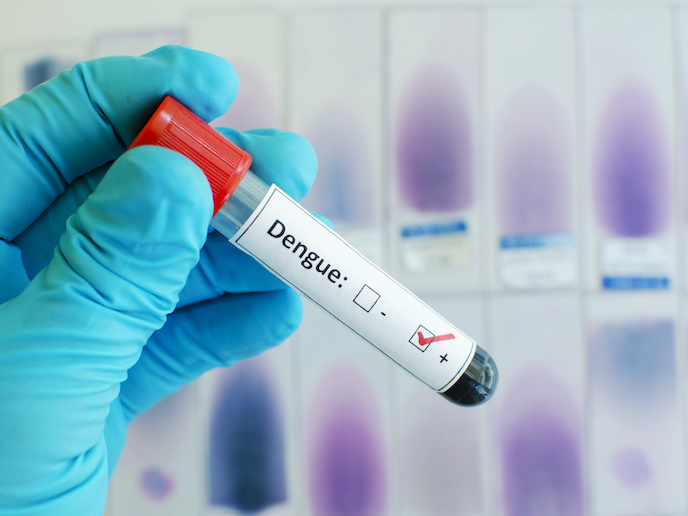Joint EU efforts tackle bipolar disorders
Medical bodies have ranked bipolar disorders among the most debilitating diseases for working-age adults, affecting up to 3 % of the population. In addition, scientific knowledge about what causes these diseases and how they can be overcome is limited, prompting a need for the medical community to improve research on the topic. In this light, the EU-funded project 'European network of bipolar research expert centres' (Enbrec) was launched with the hopes of filling this knowledge gap. The project aimed to investigate the pathophysiology of bipolar disorders not only by integrating clinical and basic science pathways, but also by creating a critical mass of experts and networks. With this in mind the project team established an integrated facility for research across the EU to research the mechanisms of bipolar disorders. The network brought together France, Germany, Italy, Norway, Spain and the United Kingdom, which have all adopted a unified clinical assessment package to conduct in-depth research. This has enabled European experts to investigate all aspects of the disease family that affect its course and outcome. The project team also developed an online healthcare record system to analyse data for research and clinical monitoring. It then outlined guidelines to conduct multicentre studies for acute episodes of bipolar disorders and to further prophylactic treatment. After building cognitive assessment tests for bipolar patients, the project articulated procedures for joint studies on relevant biomarkers and genetics, as well as a system to analyse pooled brain imaging data. New care-giving recommendations for routine practice based on psycho-education have also been defined. Thanks to these collaborative efforts, clinical experts now have a host of evaluation tools and advanced care guidelines to further studies on the subject and to advance treatment options.







